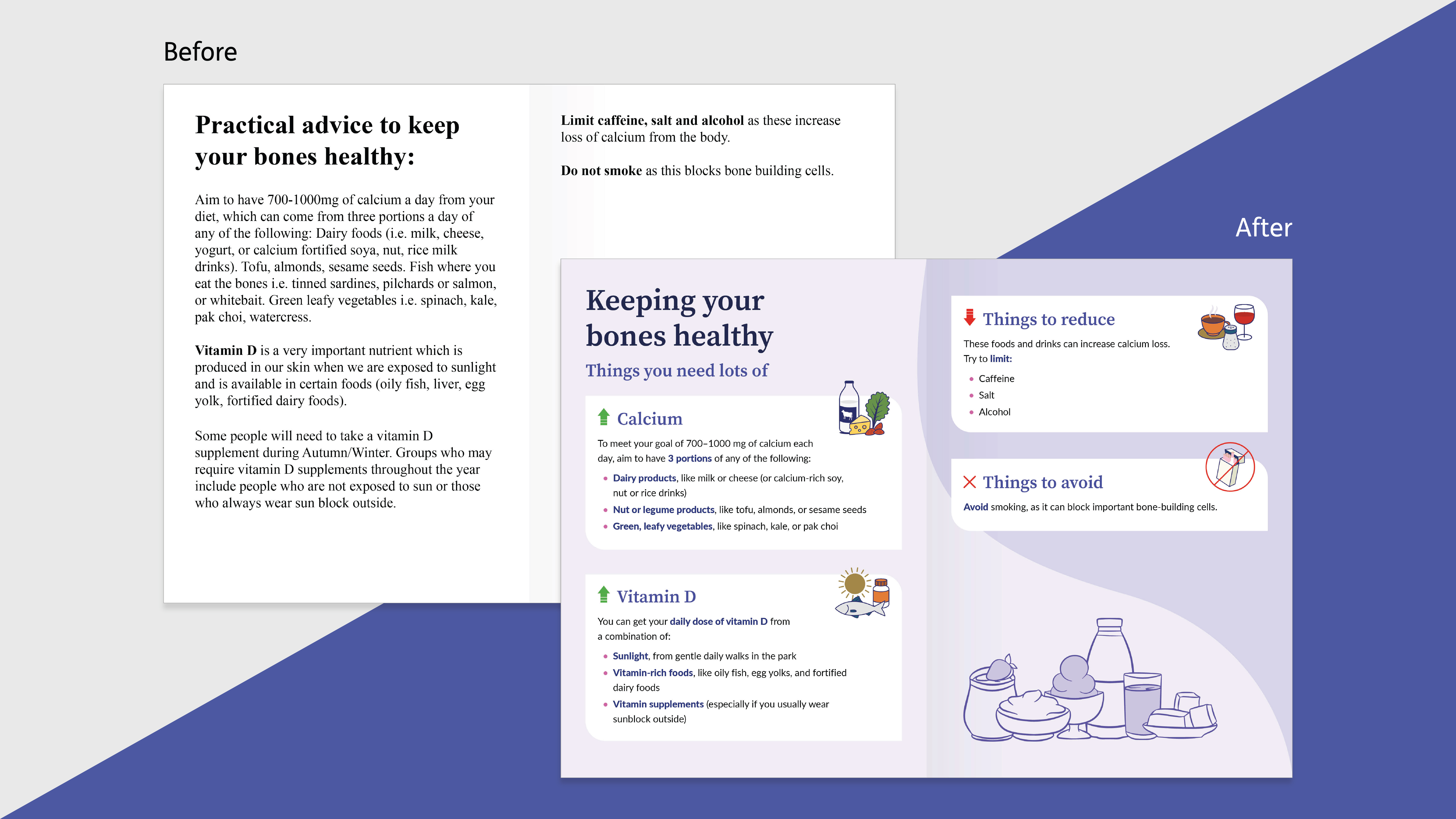Clinical trial considerations: Why sustainability matters

Climate change affects all of us, and in many different aspects of our lives. Clinical trials are no exception, and managing a trial’s sustainability has never been more important.
Much of the work that goes into making a trial more sustainable often goes unnoticed. Things such as how participants travel to and from the study centre, how study materials are printed or produced, and disposal of waste that is generated during the trial can all lead to a significant carbon footprint.
Adopting sustainable practices can help minimize this impact. And when working with study teams, there are some key elements that we highlight, and considered questions that we pose to support the development of a sustainable clinical trial support programme.
Right content, right platform
In our modern world, we have access to many different forms of media. Today, we can consume information in a number of different ways, but to optimise the understanding of the information, it’s key that it’s delivered in the best possible format. What does the audience need? What is accessible? How can the information be best made available? Which is why it is important to consider which platform to use for delivery of those key pieces of information, as well as:
- Could any (or all) of the materials be delivered to patients or HCPs via digital channels, rather than being printed? For example, could creating a dedicated informational website be a more useful resource for participants and HCPs to access information?
- Are some markets less digitally enabled and, therefore, require more emphasis on printed items?
- Are you working with responsible printing partners who prioritise sustainability principles such as recycled materials, and green inks?
Digitally green
Moving from print to digital (where appropriate) can be a great way to reduce a trial’s carbon footprint. However, there is still an online carbon footprint to consider. Reducing the footprint of digital platforms requires an approach that involves technology optimisation, energy-efficient practices and a commitment to sustainability throughout the digital ecosystem. It also involves staying up-to-date with advancements in green technology and best practices in the industry. Some things to consider are:
- Are you working with energy-efficient data centres and cloud service providers that prioritize renewable energy sources?
- Are you using energy-efficient software that includes efficient algorithms, code, and data storage methods?
- Do your communication processes involve content delivery optimisation? Such as compressing images and files to reduce the amount of data transferred?
- Are you considering the environmental impact of hardware and infrastructure throughout their lifecycle, from manufacturing to disposal, and choosing the most sustainable options?
Communicating with HCPs
HCP communication is key in trials, and we have explored this in our previous blog. However, prioritising this alongside sustainability practices can also sometimes uncover new approaches. For example:
- Before localising HCP materials, consider if some markets would be prepared and/or able to use materials produced in UK English as this can reduce the need for additional print, or development of local digital content.
- If a document will only be US/UK English, it won’t need to include 30% additional space within the layout to allow for localisation. This will reduce the overall size and print impact accordingly.
- Use of visualisations can also support local communications without the need for extensive localisations. The old saying ‘a picture paints a thousand words’ really does ring true in this situation.
We have been working with study teams for many years, supporting them in their mission to create sustainable trials. Curious about how we can help you with your next trial? Let’s talk.
You can read all our latest clinical trials explained blogs here.



.png)







